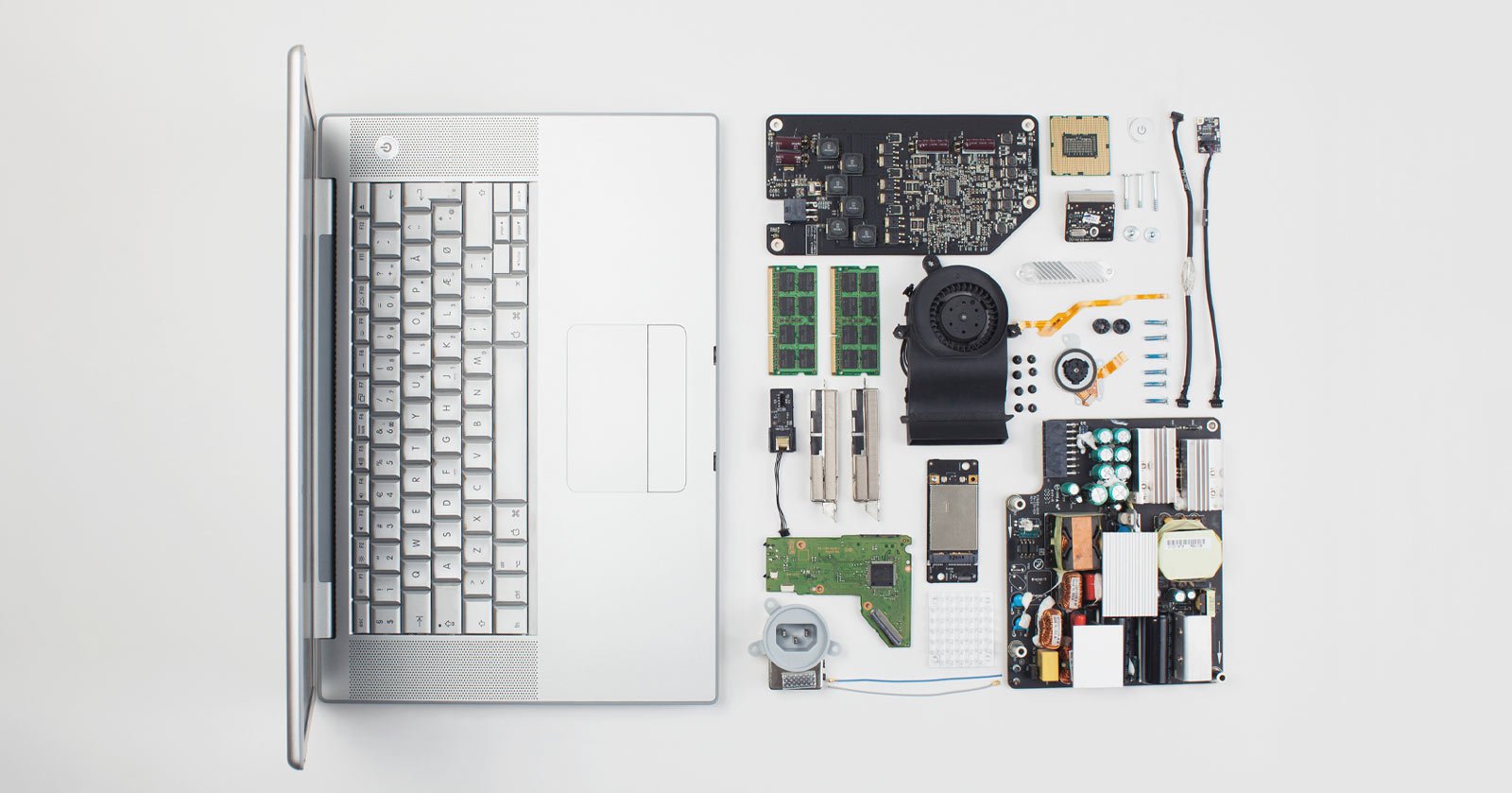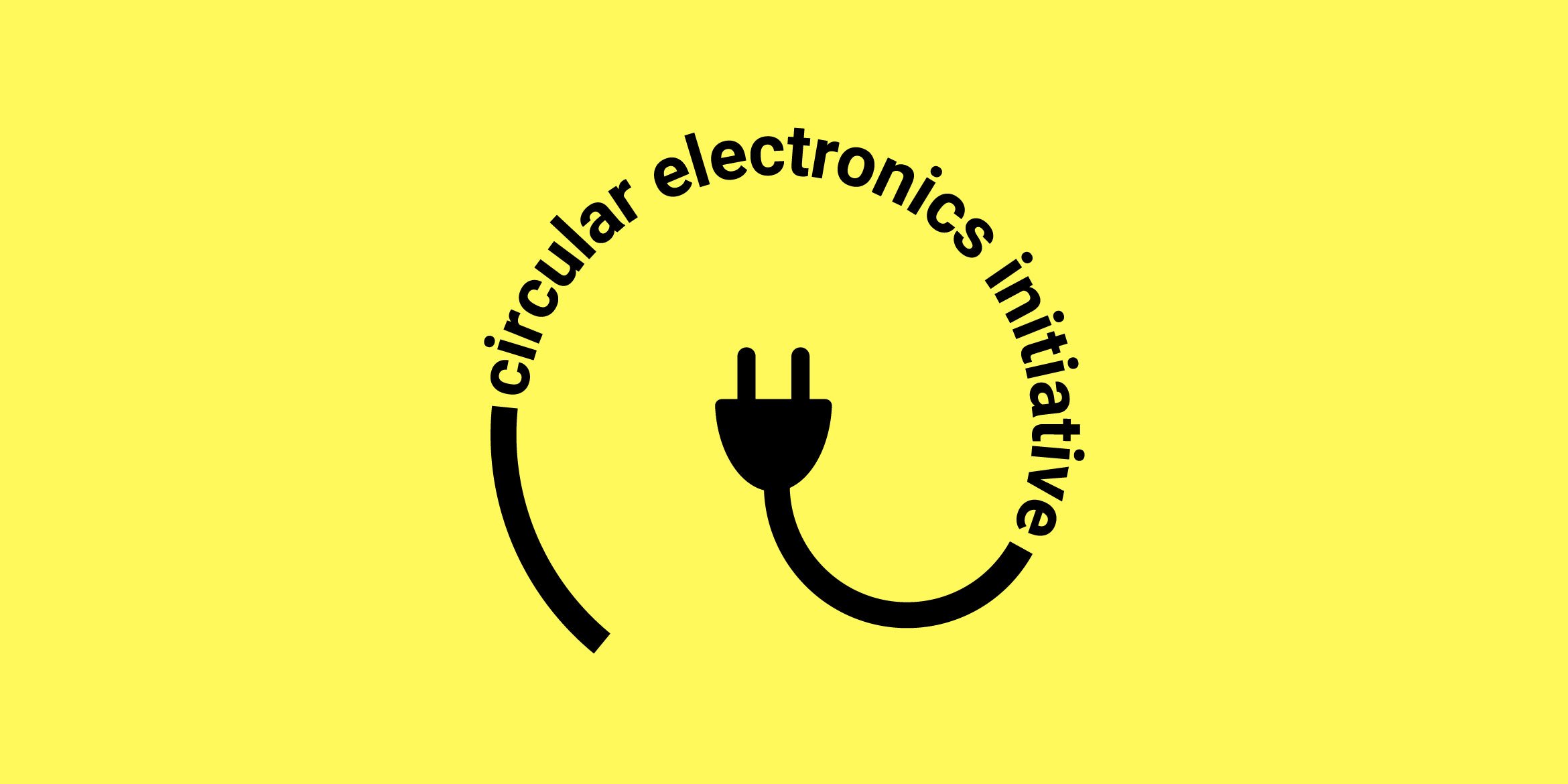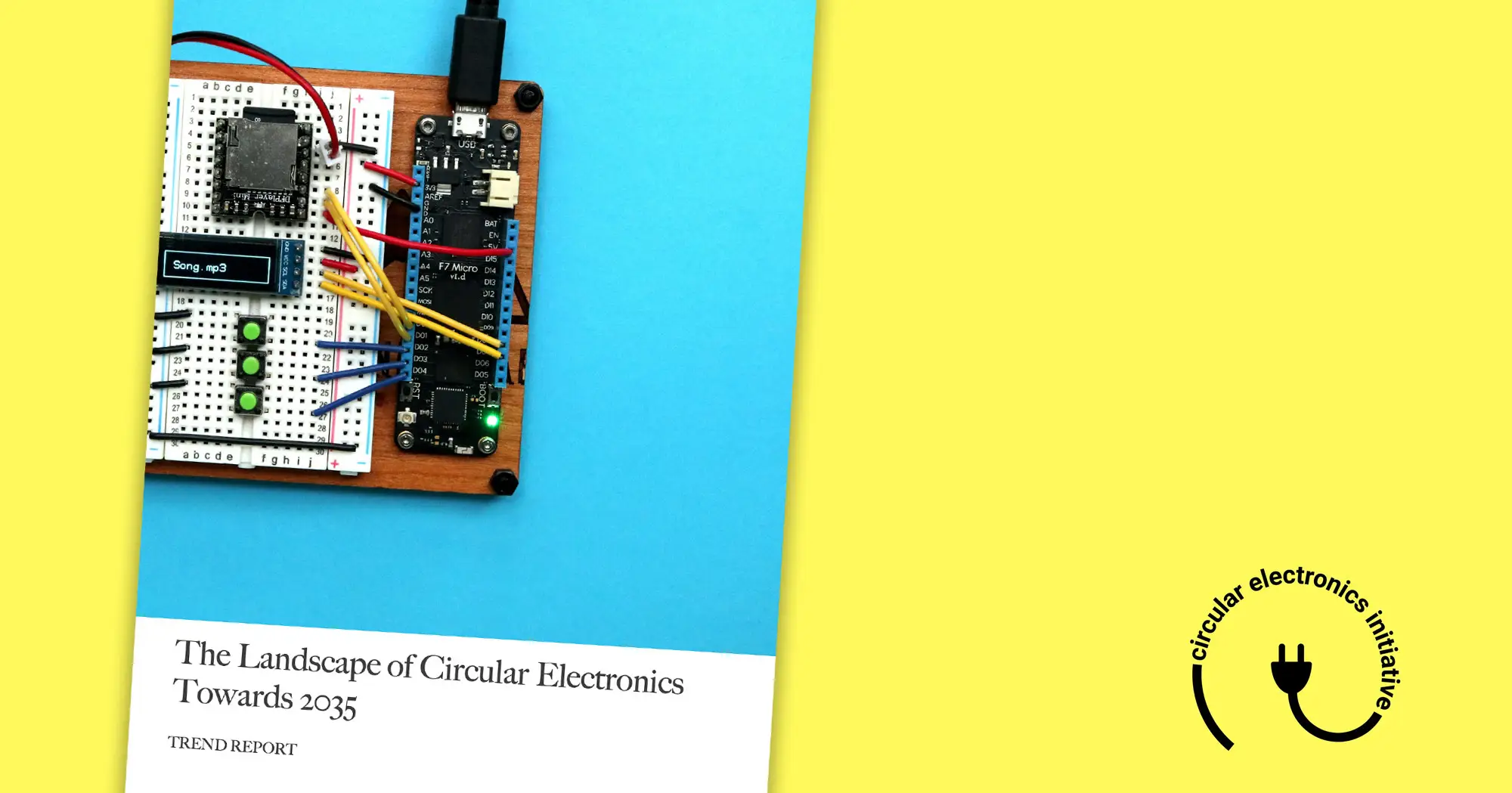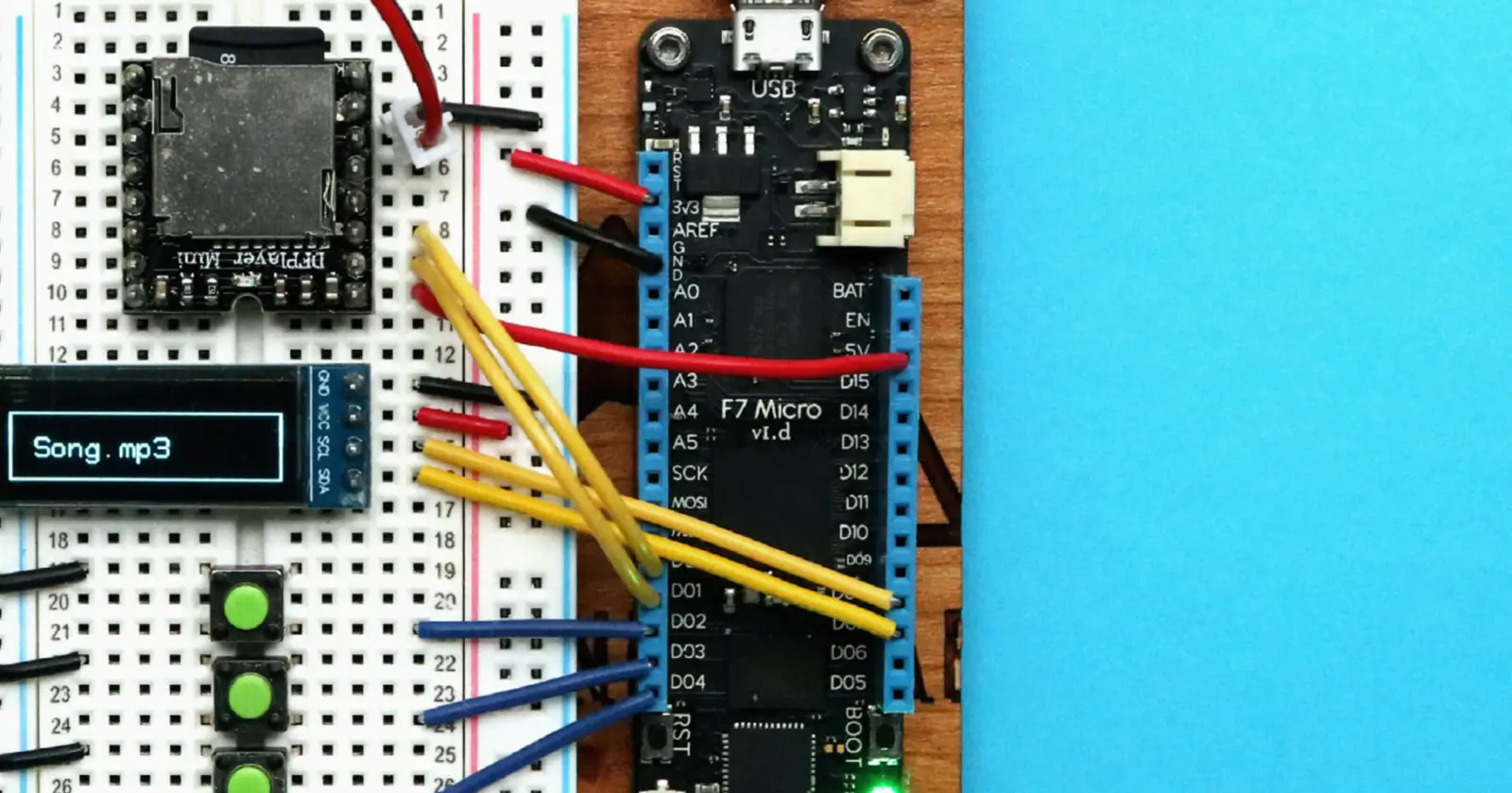Kristina Liljestrand, Researcher and project manager at Chalmers Industriteknik gives insight into the KEEP project that is developing a traceability system for electrical and electronic (EE) products.
This case is part of the Circular Electronics Day 2021 best practices series. Multiple organizations stand behind this initiative that takes place on January 24 with the aim to encourage organizations and consumers to take a more responsible approach to electronics.
What is the KEEP project?
The overall vision of KEEP is to develop a traceability system for electrical and electronic (EE) products. This is in line with the EU’s call for an electronic passport for EE products that was first mentioned in 2019 (The European Green Deal, COM (2019)) to provide information on an EE product’s origin, composition and dismantling possibilities and end of life cycle handling. Today, there is a clear lack of such information and therefore a great need to develop a traceability solution to keep track of information.
What are the potential benefits of KEEP?
A traceability solution/product passport shall facilitate information gathering and sharing about EE products throughout all life cycle stages. This will help everyone involved to reduce waste, retain value and extend the life of EE products.
What have you learned so far?
We have identified what information different actors want throughout the life cycle and created a frontend prototype accessible here.
What are your recommendations to others interested in tracing electronic products?
- Investigate organizational advantages: map potential benefits a traceability system can provide to different parts of your organization. For example, how can marketers use a traceability system to promote environmentally friendly products or how can product development use information from the system?
- Find the right collaboration partners: to trace electronics throughout the life cycle you need to set up systems involving many different actors. Here, finding your collaboration partners is key.
- Start small: even though there will be much information that can be shared, don’t include everything at once. Start with a smaller amount of relevant data when building the system and increase the amount once the technical system is in place.
About Chalmers Industriteknik
Chalmers Industriteknik offers academic expertise as consultants within the areas of energy, materials, digitalization, design and circular economy. We are making tomorrow ready for the future.
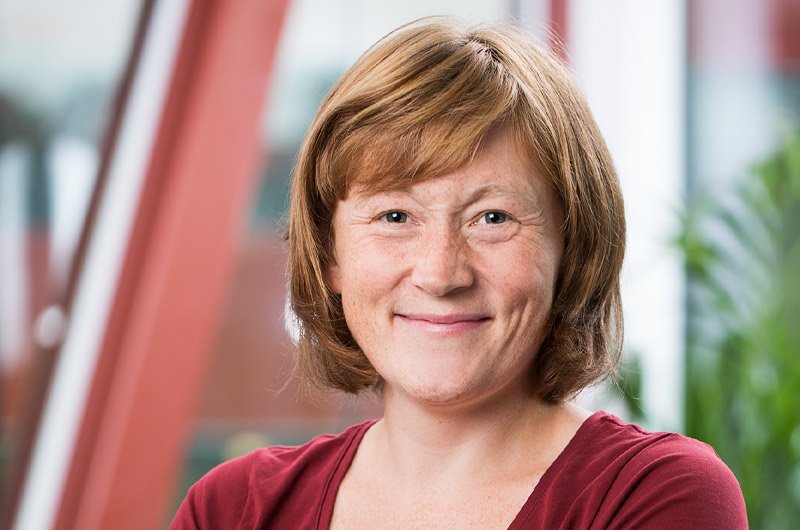
Kristina Liljestrand
Researcher and project manager at Chalmers Industriteknik
kristina.liljestrand@chalmersindustriteknik.se

